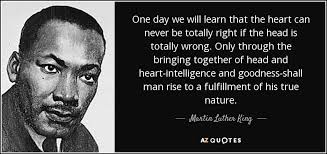
In 1970 the United Nations passed Resolution 2626. It stated that “Each economically advanced country will progressively increase its official development assistance to the developing countries and will exert its best efforts to reach a minimum net amount of 0.7 percent of its gross national product … by the middle of the Decade.”
Many of my generation committed themselves to campaigning to reach that target and I nailed my colours to the mast and fought six parliamentary elections in Liverpool committed to reaching the aid target. Paradoxically, in the poorest neighbourhoods that I represented people were often the most passionate in their belief that we had to do more to help the world’s poorest. They got it.
But I also argued that it was in the UK’s interests, as a global power, to do so – pointing to how heart and head, generous altruism and self-interest, must go hand in hand. These are the “smart power” reasons for sustaining our development programmes.
Today’s announcement to overturn the law and to reduce the 0.7% commitment will mean that promises already made will now be broken – without any indication of how these cuts will be managed or prioritised. And this is happening in the context of a cake which has already significantly shrunk because of the economic downturn. Its already 0.7% of a much smaller cake.
It would be crazy if, in the middle of a pandemic, we endanger our life saving health programmes. And what will happen to programmes aimed at preventing conflict and the horrendous increase in the number of fleeing refugees – with over 70 million people displaced worldwide.
I have been deeply critical of the failure to exercise sufficient oversight of some of the programmes in countries like Pakistan and Nigeria – and have challenged examples of corruption, mismanagement, and how the money is sometimes spent. But these are all reasons for getting value for money not for turning the clock back- and that we have a duty to play our part in helping others achieve the prosperity with which we are blessed.



